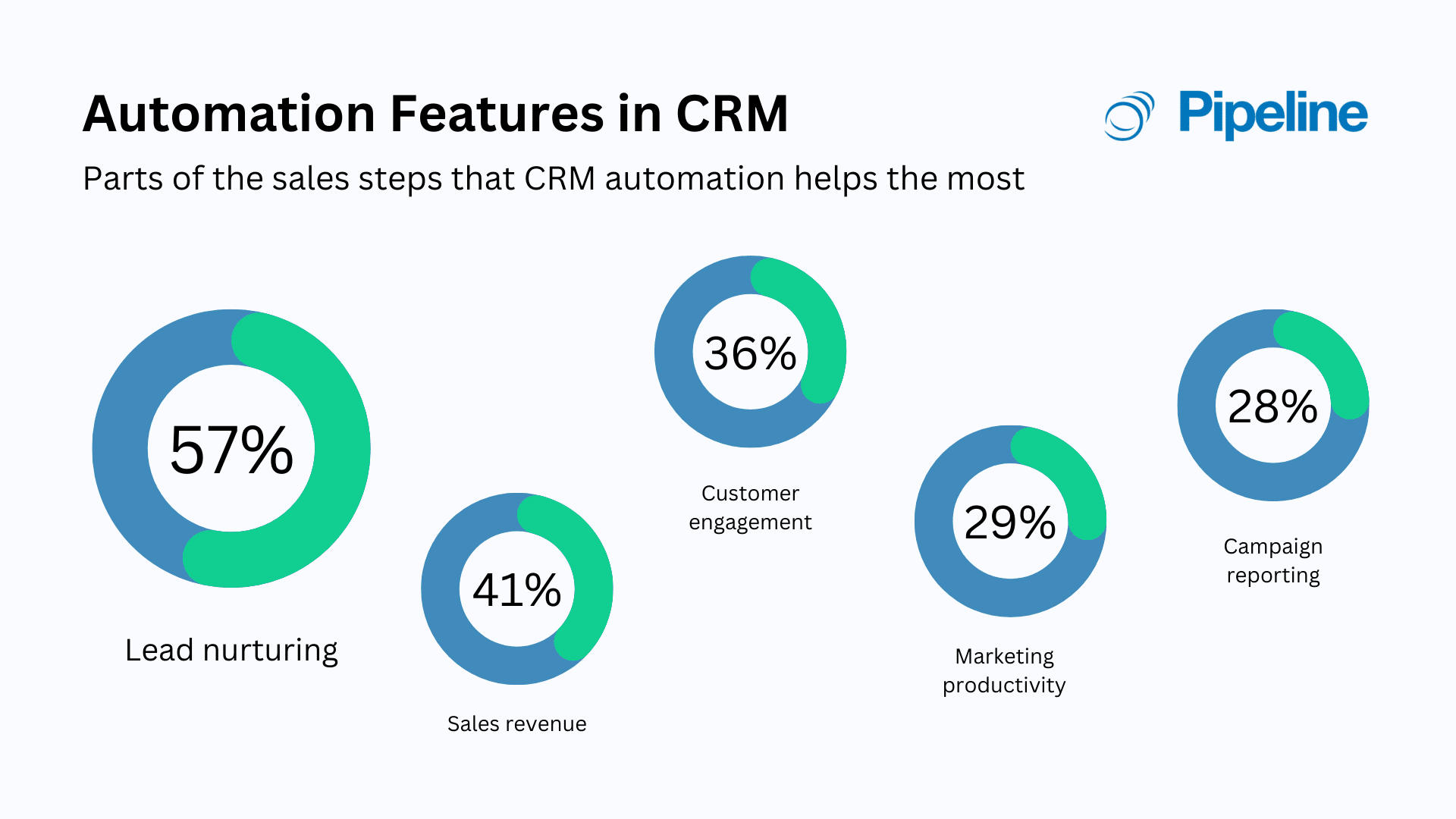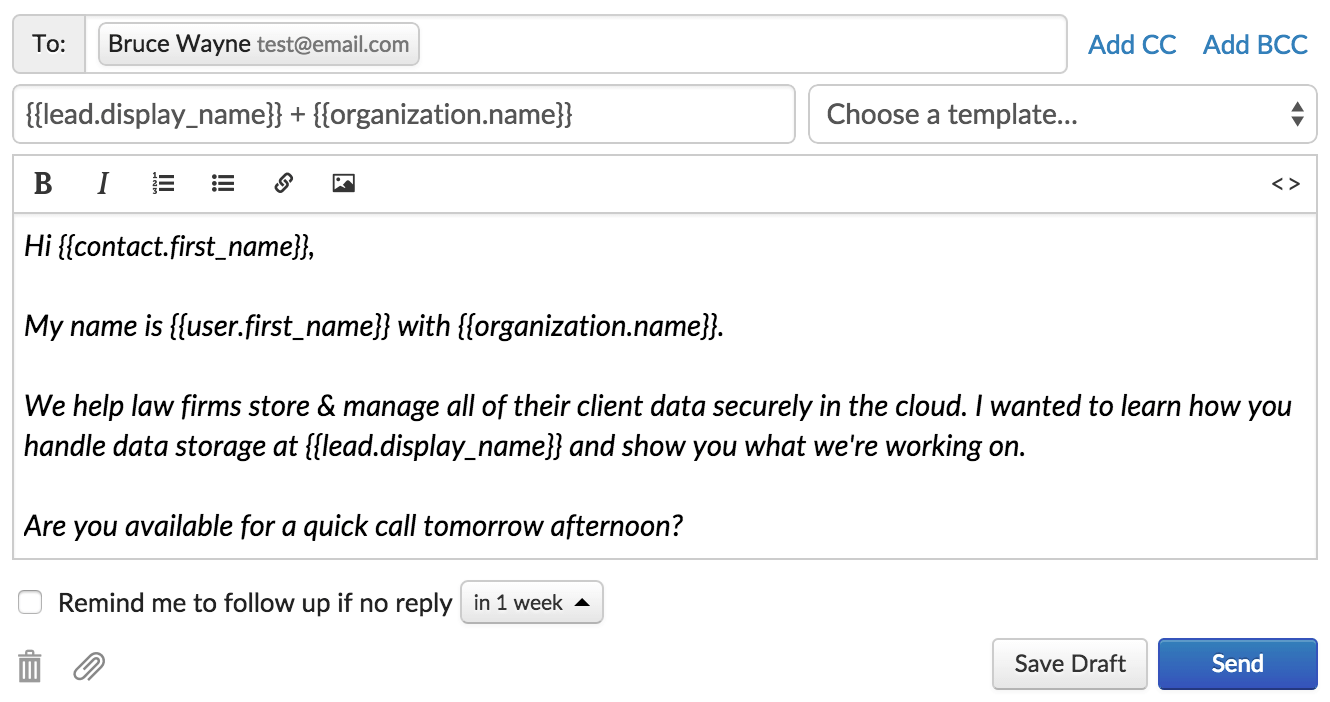Unlocking Customer Insights: A Comprehensive Guide to CRM Marketing & Customer Surveys

Introduction: The Power of Customer Understanding
In the dynamic world of marketing, understanding your customers is no longer a luxury; it’s a necessity. Businesses are constantly vying for attention, and the key to winning lies in truly knowing your audience. This is where the synergy between Customer Relationship Management (CRM) marketing and customer surveys becomes invaluable. CRM systems provide the infrastructure to manage and analyze customer data, while customer surveys offer direct channels for gathering insights, preferences, and feedback. Together, they create a powerful feedback loop that can drive targeted marketing campaigns, improve customer satisfaction, and ultimately, boost your bottom line.
This comprehensive guide delves into the intricacies of CRM marketing and customer surveys, providing actionable strategies, best practices, and real-world examples to help you harness their combined power. We’ll explore the core components of CRM, the art of crafting effective surveys, and how to integrate these tools seamlessly to create a customer-centric marketing strategy that resonates with your target audience.
Understanding CRM Marketing: The Foundation of Customer-Centricity
At its core, CRM marketing is about building and nurturing relationships with your customers. It’s a strategic approach that leverages customer data to personalize interactions, improve customer service, and drive sales growth. A robust CRM system acts as the central nervous system of this approach, providing a 360-degree view of each customer and enabling businesses to tailor their marketing efforts accordingly.
Key Components of CRM Marketing:
- Data Collection and Management: Central to any CRM strategy is the ability to collect, organize, and manage customer data effectively. This includes contact information, purchase history, website activity, and interactions with your customer service team.
- Segmentation: Grouping customers based on shared characteristics, such as demographics, purchase behavior, or interests, allows for targeted marketing campaigns.
- Personalization: Tailoring marketing messages and offers to individual customer preferences and needs enhances engagement and improves conversion rates.
- Automation: Automating repetitive tasks, such as email marketing, lead nurturing, and customer service requests, frees up valuable time and resources.
- Reporting and Analytics: Tracking key metrics, such as customer acquisition cost, customer lifetime value, and campaign performance, provides insights into the effectiveness of your marketing efforts and informs future strategies.
Benefits of CRM Marketing:
- Improved Customer Satisfaction: By understanding customer needs and preferences, businesses can provide more personalized and relevant experiences, leading to higher satisfaction levels.
- Increased Sales and Revenue: Targeted marketing campaigns and personalized offers can drive sales growth and increase revenue.
- Enhanced Customer Loyalty: Building strong customer relationships through personalized interactions and exceptional service fosters loyalty and reduces customer churn.
- Better Decision-Making: Data-driven insights from CRM systems empower businesses to make informed decisions about product development, marketing strategies, and resource allocation.
- Streamlined Operations: Automation features in CRM systems streamline workflows, reduce manual tasks, and improve overall efficiency.
The Art of Customer Surveys: Gathering Valuable Insights
Customer surveys are a direct and effective way to gather valuable insights into customer preferences, needs, and experiences. They provide a platform for customers to share their feedback, which can be used to improve products, services, and overall customer satisfaction. However, crafting effective surveys requires careful planning and execution.
Types of Customer Surveys:
- Customer Satisfaction Surveys (CSAT): Measure overall customer satisfaction with a specific product, service, or interaction.
- Net Promoter Score (NPS): Gauges customer loyalty and willingness to recommend a company or product.
- Customer Effort Score (CES): Measures the effort a customer has to expend to get an issue resolved or a task completed.
- Product Feedback Surveys: Gather feedback on specific product features, usability, and overall satisfaction.
- Market Research Surveys: Collect data on customer demographics, preferences, and buying behavior for market analysis.
- Post-Interaction Surveys: Sent after a customer has interacted with your customer service team or made a purchase, to gather feedback on the experience.
Best Practices for Creating Effective Customer Surveys:
- Define Your Objectives: Before you start designing your survey, clearly define what you want to learn. What specific questions do you need answered?
- Keep it Concise: Shorter surveys are more likely to be completed. Focus on asking only the most essential questions.
- Use Clear and Concise Language: Avoid jargon, technical terms, and ambiguous questions. Make sure your questions are easy to understand.
- Use a Variety of Question Types: Incorporate a mix of multiple-choice questions, rating scales, and open-ended questions to gather both quantitative and qualitative data.
- Make it Visually Appealing: Use a clean and professional design. Break up long blocks of text with headings and subheadings.
- Offer Incentives (Optional): Consider offering incentives, such as discounts or gift cards, to encourage participation.
- Test Your Survey: Before sending your survey to a large audience, test it with a small group of people to identify any issues.
- Choose the Right Distribution Method: Consider your target audience and choose the distribution method that is most likely to reach them (e.g., email, website, SMS).
- Analyze the Results: Once you’ve collected your data, analyze the results carefully to identify trends and insights.
- Act on the Feedback: The most important step is to use the feedback you receive to improve your products, services, and customer experience.
Integrating CRM Marketing and Customer Surveys: A Synergistic Approach
The true power of CRM marketing and customer surveys lies in their integration. By combining the data and insights from both, businesses can create a closed-loop feedback system that continuously improves customer relationships and drives business growth. Here’s how to integrate them effectively:
1. Leverage CRM Data for Targeted Survey Distribution:
Use your CRM system to segment your customers and target specific groups with relevant surveys. For example, you can send a product feedback survey to customers who have recently purchased a particular product or a customer satisfaction survey to those who have interacted with your customer service team.
2. Personalize Surveys Using CRM Data:
Personalize your surveys by pre-populating questions with customer data from your CRM system. For example, you can include the customer’s name, purchase history, or recent interactions with your company in the survey questions.
3. Integrate Survey Data into Your CRM System:
Integrate survey responses directly into your CRM system. This allows you to create a comprehensive view of each customer, including their contact information, purchase history, interactions, and feedback. Most CRM platforms offer integration capabilities with popular survey tools.
4. Analyze Survey Results in Conjunction with CRM Data:
Analyze survey results in conjunction with other customer data in your CRM system to identify trends and insights. For example, you can correlate customer satisfaction scores with purchase behavior or customer lifetime value.
5. Use Survey Feedback to Improve CRM Marketing Campaigns:
Use the feedback you receive from surveys to improve your CRM marketing campaigns. For example, if customers consistently express dissatisfaction with a particular product, you can adjust your marketing messages to highlight its strengths or offer promotions to incentivize purchases.
6. Create Automated Workflows:
Set up automated workflows to trigger surveys based on specific customer actions or events. For example, you can automatically send a post-purchase survey after a customer makes a purchase or a customer satisfaction survey after a customer service interaction.
Real-World Examples of CRM Marketing and Customer Surveys in Action
Let’s explore some real-world examples to illustrate how businesses are successfully leveraging CRM marketing and customer surveys:
Example 1: E-commerce Retailer
An e-commerce retailer uses its CRM system to segment its customers based on purchase history and browsing behavior. They send targeted product feedback surveys to customers who have purchased specific items, gathering valuable insights into product satisfaction and areas for improvement. They also use NPS surveys to gauge customer loyalty and identify promoters who can be targeted with exclusive offers and promotions. The survey data is integrated into their CRM, allowing them to personalize email marketing campaigns based on customer feedback and preferences.
Example 2: SaaS Company
A SaaS company uses its CRM to track customer usage and engagement with its software. They send in-app surveys to gather feedback on specific features and identify areas where customers are struggling. They also use CSAT surveys after customer support interactions to measure customer satisfaction and identify areas for improvement in their support processes. The survey data is analyzed in conjunction with usage data to identify customers who are at risk of churn and proactively offer support and training.
Example 3: Financial Services Provider
A financial services provider uses its CRM to manage customer relationships and track financial transactions. They send surveys to gather feedback on their financial products and services, as well as their overall customer experience. They use NPS surveys to measure customer loyalty and identify advocates who can be referred to potential clients. The survey data is used to improve their products and services, personalize their customer communications, and identify opportunities for cross-selling and upselling.
Choosing the Right Tools: CRM and Survey Platforms
Selecting the right CRM and survey platforms is crucial for the success of your CRM marketing and customer survey initiatives. Consider the following factors when making your decision:
CRM Platforms:
- Features: Look for a platform with features that meet your specific needs, such as contact management, lead management, sales automation, marketing automation, and reporting and analytics.
- Scalability: Choose a platform that can scale to accommodate your business growth.
- Integration: Ensure the platform integrates with your existing marketing tools, such as email marketing platforms, social media platforms, and e-commerce platforms.
- Ease of Use: Select a platform that is user-friendly and easy to navigate.
- Pricing: Consider the pricing structure and choose a platform that fits your budget.
Survey Platforms:
- Question Types: Look for a platform that offers a variety of question types to gather both quantitative and qualitative data.
- Customization: Choose a platform that allows you to customize your surveys with your branding and design.
- Distribution Methods: Ensure the platform supports your preferred distribution methods, such as email, website, and SMS.
- Reporting and Analytics: Look for a platform that provides robust reporting and analytics capabilities.
- Integration: Choose a platform that integrates with your CRM system.
- Ease of Use: Select a platform that is user-friendly and easy to use.
- Pricing: Consider the pricing structure and choose a platform that fits your budget.
Popular CRM platforms include Salesforce, HubSpot, Zoho CRM, and Microsoft Dynamics 365. Popular survey platforms include SurveyMonkey, Qualtrics, Google Forms, and Typeform. Researching and comparing different platforms is essential to find the best fit for your business.
Challenges and Solutions
While CRM marketing and customer surveys offer significant benefits, there are also some challenges to consider:
Data Privacy and Security:
Protecting customer data is paramount. Ensure you comply with all relevant data privacy regulations, such as GDPR and CCPA. Implement robust security measures to protect customer data from unauthorized access and breaches. Transparency about data usage and obtaining customer consent are crucial.
Data Quality:
The accuracy and completeness of your customer data are critical. Regularly clean and update your CRM data to ensure its quality. Implement data validation rules to prevent errors and inconsistencies. Consider using data enrichment tools to supplement your customer data with additional information.
Survey Fatigue:
Over-surveying customers can lead to survey fatigue and low response rates. Avoid sending too many surveys. Keep your surveys concise and relevant. Offer incentives to encourage participation. Segment your audience and target specific groups with relevant surveys.
Integration Complexity:
Integrating your CRM and survey platforms can be complex. Choose platforms that offer seamless integration capabilities. Consider working with a consultant or IT professional to assist with the integration process.
Lack of Action:
Collecting feedback is only the first step. The real value comes from taking action on the insights you gather. Develop a plan for analyzing survey results and implementing changes based on the feedback. Communicate the results of your surveys and the actions you’re taking to your customers.
Conclusion: Embracing a Customer-Centric Future
In today’s competitive landscape, customer-centricity is no longer optional; it’s essential for success. CRM marketing and customer surveys are powerful tools that, when used together, can help businesses build stronger customer relationships, improve customer satisfaction, and drive sustainable growth. By embracing these strategies, businesses can gain a deeper understanding of their customers, personalize their interactions, and create a customer experience that fosters loyalty and advocacy. The journey of CRM marketing and customer surveys is an ongoing one, requiring continuous analysis, adaptation, and improvement. However, the rewards – increased customer satisfaction, enhanced brand loyalty, and improved business performance – make the effort well worthwhile. By focusing on understanding and responding to the needs and preferences of their customers, businesses can thrive in the ever-evolving marketplace and build a brighter future.
Call to Action
Ready to unlock the power of customer insights? Start by assessing your current CRM and survey strategies. Identify areas for improvement and develop a plan to integrate these tools more effectively. Research and choose the right platforms for your business. Then, begin crafting engaging surveys and implementing targeted marketing campaigns. Don’t be afraid to experiment, analyze your results, and adapt your strategies as needed. By embracing a customer-centric approach, you can transform your business and create lasting value for your customers and your bottom line.



